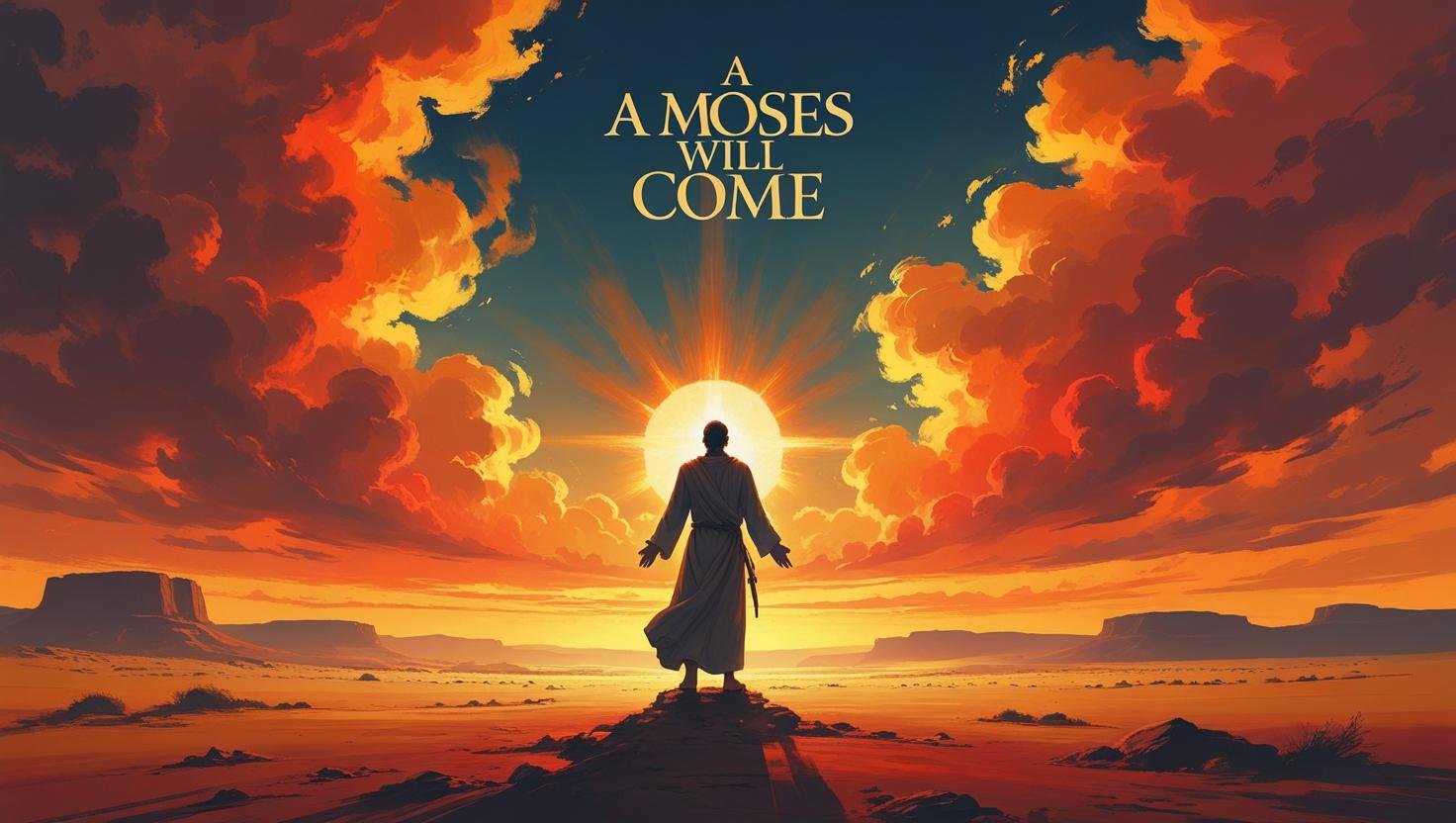Blog
A Moses Will Come

The air no longer carried the urgency of revolution. What once stirred the chest like a storm now passed over the people of Sonko-du like a tired breeze. The fire had dulled into embers, not extinguished by water, but left to burn out slowly—suffocated by indifference, betrayal, and the endless echo of promises that evaporated before they even settled in the hearts of the hopeful.
It is no longer uncommon to hear the phrase “someone will come” whispered in corners, passed between weary hands in the market, or muttered under breath during long walks home. The people no longer knew what shape salvation must take, but they held onto the idea that perhaps it will look like Moses. Not the Moses of scripture with a staff and divine mandate—but someone, anyone, who might lead them through the wilderness of their reality. Someone who did not drown under the weight of power, nor choke on the sweet poison of praise.
But the waiting had taken a toll.
Hope, once vibrant and loud, has become a private thing now. It no longer sang in the streets or painted slogans on walls. It lived quietly, hidden behind thick skin and skeptical eyes. The people have learned that saviors often walk in dressed as neighbors—ordinary, with good smiles and tidy words—but soon slip into the same dance of deception, their feet tracing the same tired rhythm of those they replaced.
And so, the prayer for Moses continued—but it was no longer a plea for miracles. It was a hope for integrity.
This Moses must not be adored. He must not be deified. He must not be turned into a shrine of expectation. For Sonko-du has learned—bitterly—that the moment the people worship a man, they blind themselves to his cracks, they excuse his sins, and they call failure by sweeter names. The Moses before were not false prophets; they were men who entered the temple with good shoes but left wearing golden robes stitched by the same tailors of tyranny they once condemned.
Jaali Demba sat beneath a neem tree outside the old courthouse, where stone steps now cracked under the weight of years and unfulfilled verdicts. His journal lay open on his lap, pages fluttering in the wind, half-written verses dancing across the paper like wounded memories.
He had watched them all.
The ones who marched, fists high. The ones who sang. The ones who wept in victory. The ones who changed names but not intentions. He had seen truth shaved down into strategy, had seen old allies become gatekeepers, had watched the children of protest become the guardians of silence.
And he had seen the people—most of all the people—shrink into themselves. Not because they lacked courage, but because they had learned that change often arrives dressed in the clothes of the past, smelling of new perfume but offering the same poisoned cup.
This Moses, if he is to come, must come knowing that the people are tired of being passengers. That they will no longer clap for pretty words while walking barefoot over broken roads. That they will no longer decorate graves with slogans while survivors beg under sun and rain.
The Moses they awaited must not carry a staff, but a mirror—so they can see themselves as they truly are: bruised but breathing, weary but wise.
And if he must come—
If he must truly come—
Let him not be crowned.
Let him not be turned into a monument while still alive. Let him not be called savior, but servant. Let him not be worshipped, but watched. Let his strength be measured not by how many followers he has, but by how many truths he dared to speak even when they shook his throne.
Because the last sets of Moses were drowned—not by Pharaoh, but by praise.
And in this land, where cynicism has become citizenship, and silence the anthem of survival, it was not another Moses the people needed. It was a people who will never again mistake a voice for a vision. Who will never again build shrines for men instead of systems for justice. And so, the waiting continued—not with applause, but with awareness.
Jaali Demba closed his journal gently as the sky dimmed over Sonko-du, casting the land into soft grey. Not the darkness of despair. Not the light of salvation.
But something honest in between.
